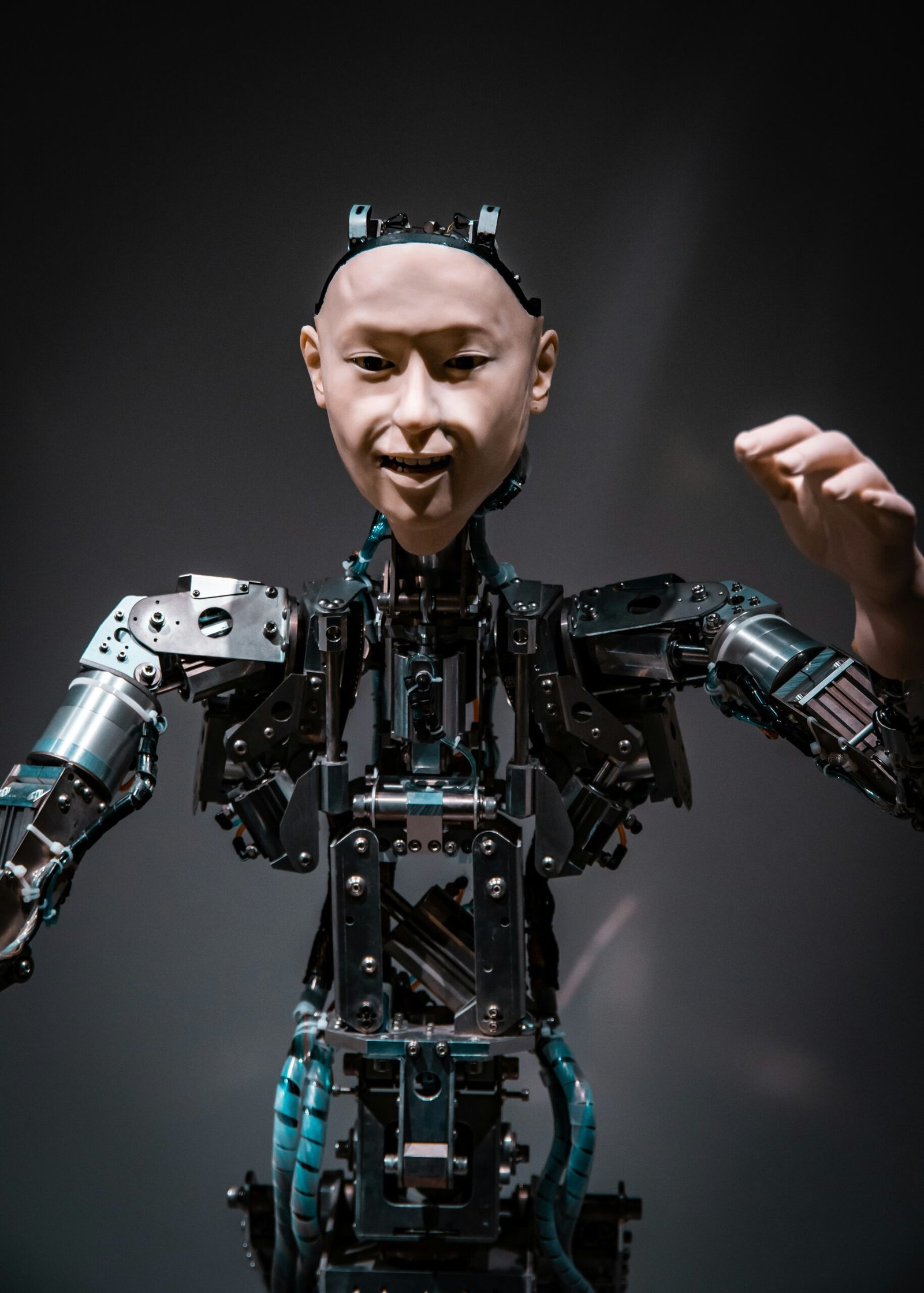who is the father of artificial intelligence
While many brilliant minds have shaped the field of artificial intelligence, one name stands out as the official father of AI – John McCarthy. But why do we attribute this prestigious title to him, and what about other pioneering figures like Alan Turing?
The quest to understand who truly deserves the title of AI’s founding father takes us on a fascinating journey through the mid-20th century, when the concept of machines thinking like humans moved from science fiction to scientific reality. From the groundbreaking Dartmouth Conference of 1956 to the development of the first AI programs, this story interweaves multiple visionaries who laid the foundation for today’s AI revolution.
In this exploration, we’ll delve into McCarthy’s pivotal contributions, examine Turing’s revolutionary ideas, and discover other influential figures who shaped AI’s early days. Let’s unravel the compelling story behind artificial intelligence’s paternity and understand why the debate still matters in today’s AI-driven world.
John McCarthy’s Pioneering Role
Coining the Term “Artificial Intelligence” in 1956
John McCarthy made history in 1956 when he introduced the term “artificial intelligence” to the scientific community. This watershed moment occurred during his proposal for the Dartmouth Conference, where he defined AI as the science and engineering of making intelligent machines. McCarthy’s choice of words was deliberate and precise, helping to establish a clear identity for this emerging field of study.
The Dartmouth Conference
The Dartmouth Summer Research Project on Artificial Intelligence, organized by McCarthy in 1956, marked the official birth of AI as a field. This eight-week gathering brought together leading researchers to explore ways machines could simulate human intelligence.
Key achievements of the conference include:
- Establishing the fundamental goals of AI research
- Creating a collaborative network of AI researchers
- Developing initial frameworks for machine learning
- Laying groundwork for future AI programming languages
Development of LISP Programming Language
McCarthy’s most tangible contribution to AI was the creation of LISP (List Processing) in 1958, which became one of the most influential programming languages in AI history.
Key features and impacts of LISP:
| Feature | Impact |
|---|---|
| Symbolic Processing | Enabled manipulation of symbolic expressions and data |
| Recursive Functions | Introduced elegant solutions for complex problems |
| Dynamic Typing | Provided flexibility in handling different data types |
| Garbage Collection | Automated memory management for efficient programming |
LISP became the preferred language for AI research due to its unique capabilities in handling symbolic computations and its ability to treat code as data. This revolutionary approach to programming made it possible to write programs that could modify themselves, a crucial feature for machine learning and problem-solving algorithms.
McCarthy’s work at the Massachusetts Institute of Technology (MIT) and later at Stanford University helped establish AI research laboratories that would become centers of innovation. His development of LISP provided researchers with the tools needed to explore complex AI concepts, including natural language processing and expert systems.
With these foundational contributions, McCarthy’s work set the stage for the AI revolution we’re experiencing today. While his technical innovations were significant, his greatest achievement may have been his ability to envision and articulate the potential of machines to exhibit intelligent behavior. Alan Turing’s groundbreaking work in computability and machine intelligence would build upon these foundations, further advancing the field of artificial intelligence.

Competing Claims for the Title
Different Perspectives on AI Parentage
While John McCarthy coined the term “artificial intelligence” and Alan Turing laid crucial groundwork, several other pioneers have legitimate claims to being influential fathers of AI. The field’s complexity and collaborative nature make it challenging to attribute its creation to a single individual.
| Contributor | Key Contribution | Time Period | Impact Area |
|---|---|---|---|
| Marvin Minsky | Neural Networks | 1950s | Machine Learning |
| Claude Shannon | Information Theory | 1940s | Data Processing |
| Warren McCulloch | Neural Networks | 1940s | Brain Modeling |
| Herbert Simon | Problem Solving | 1950s | Cognitive Science |
Various Contributions to Early AI
Different aspects of artificial intelligence emerged from various disciplines, each with its own pioneering figures:
- Logic and Reasoning
- Gottlob Frege: Modern mathematical logic
- Bertrand Russell: Symbolic logic foundations
- Kurt Gödel: Incompleteness theorems
- Computing and Algorithms
- Charles Babbage: Mechanical computing
- Ada Lovelace: First programming concepts
- Von Neumann: Computer architecture
- Cybernetics and Control Theory
- Norbert Wiener: Cybernetics principles
- W. Ross Ashby: Self-organizing systems
- William Grey Walter: Robot behavior
Regional Pioneers Across the Globe
The development of AI wasn’t limited to Western nations. Significant contributions came from various regions:
- Japan: Fumio Kishino’s work on artificial reality and Toshiba’s early neural network research
- Soviet Union: Victor Glushkov’s cybernetics research and Alexander Kronrod’s computer chess developments
- UK: Donald Michie’s machine learning contributions alongside Turing
- France: Pierre Lafitte’s early work on expert systems
- Germany: Karl Steinbuch’s learning matrix concept
These diverse contributors highlight how artificial intelligence emerged from a global intellectual movement rather than a single source. Each pioneer brought unique perspectives and innovations that shaped different aspects of AI technology.
The field’s evolution demonstrates that while certain figures like McCarthy and Turing were instrumental, AI’s development was a collective achievement spanning multiple disciplines and regions. As we examine the lasting impact of these early pioneers on modern AI development, it becomes clear that their combined efforts laid the foundation for today’s technological advances.
The journey of artificial intelligence has been shaped by numerous brilliant minds, with John McCarthy and Alan Turing standing as the most prominent figures. While McCarthy coined the term “artificial intelligence” and developed key programming concepts, Turing laid the theoretical groundwork that made modern AI possible. Their combined contributions, along with those of other pioneers, created the foundation for today’s AI revolution.
Rather than focusing on a single “father of AI,” we should acknowledge the collective brilliance that brought this field to life. The ongoing evolution of artificial intelligence continues to build upon these early innovations, reminding us that groundbreaking technological advancement is often the result of collaborative human ingenuity and perseverance.




